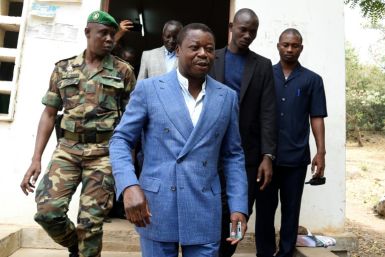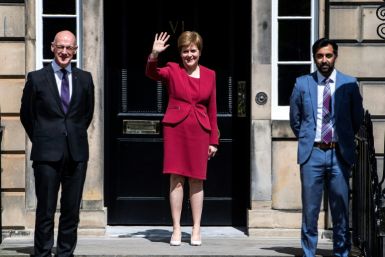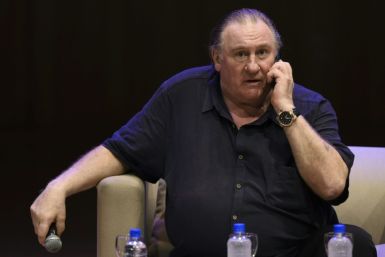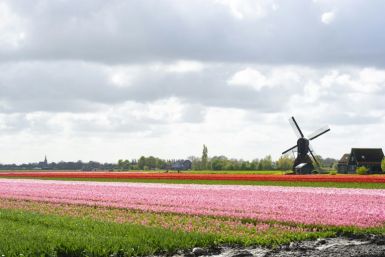'No Paradox': Putin Voters Convinced Re-election Will Bring Peace
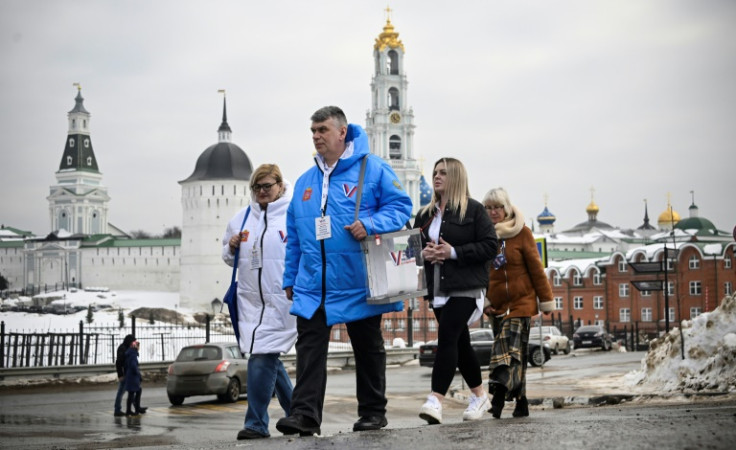
To the sound of Russian pop music blasting from speakers at the polling station, Eduard Ishnazarov cast a ballot for the only candidate he thought could deliver peace: Vladimir Putin.
In the monastery city of Sergiyev Posad, northeast of Moscow, Russians taking part in this weekend's presidential elections told AFP they wanted to bring the military offensive launched by the Russian leader to an end -- by voting for him.
"I came to vote for a man who is doing everything to make sure that there is no war in the world," said Ishnazarov, 54.
He said he had full trust in Putin as Russian president and that he was "a man who can really save the world".
Facing no real competition, Putin is guaranteed to extend his grip on power in an election he has presented as a show of support for his military campaign on Ukraine.
The offensive is now in its third year.
Sister Alexandra, an Orthodox nun, said she saw "no paradox" in the ongoing military assault in Ukraine, claiming it ultimately "saved lives".
The 77-year-old, who moved from France to Russia in 2018, added: "Russians are for life, we don't support death" -- a reference to abortion rights in Europe.
With the backing of the powerful Orthodox church, Putin has championed "traditional family values", contrasting them with what he deems a decadent liberal West, characterised by LGBT+ rights.
The Kremlin has repeatedly claimed to have launched what it calls a "special military operation" to protect Russian speakers in eastern Ukraine.
"We are moving forward on the righteous path," said Sister Alexandra.
Sergiyev Posad, about 60 kilometres (40 miles) northeast of Moscow, is seen as the religious heart of the Russian Orthodox Church.
On Saturday, members of the local electoral commission were making their way through the icy roads, around the city's famed blue-and-gold domed monastery to reach elderly citizens registered to vote from home.
Among them was 87-year-old Inessa Rozhkova, who complained that the pile of snow in front of her frozen doorway made it impossible for her to leave her house.
"I'm happy to see so many people! I rarely get visitors!" she said, leading the group of officials to her living room, where the walls were decorated with a religious icon and a red carpet.
She said she had taken part in every election but one and was keenly interested in politics.
"I follow everything, I know everything... I watch television all the time," she said.
Putin is omnipresent on Russian state television, which broadcasts his meetings, speeches and events for hours on end almost every day.
The Rossiya 1 channel features a weekly show called, "Moscow. Kremlin. Putin" that chronicles the life and regional travels of the Russian leader.
Along with the election, the news lately has centred on renewed Ukrainian attacks on Russian border regions, which killed at least six people this week.
Rozhkova said she "constantly worried" for the fate of people living close to the front lines.
"I wish this special operation would end as soon as possible," she said, using the Russian term for the offensive.
"I want this very much, above all... can you imagine how many people have died?"
Hundreds of kilometres away, voters in Putin's home town of Saint Petersburg expressed a similar sentiment.
"What we want today, first of all, is peace," said 70-year-old pensioner Lyubov Pyankova.
She was standing in front of a polling station decorated with the red, white and blue 'V' logo -- a symbol associated with its military offensive -- that Moscow has also used to promote the vote.
Russia simply wanted "not to be disturbed, not to be told what to do," Pyankova said.
Civil servant Konstantin, who declined to give his last name, said he wished he could wake up one day and "know that people are not fighting or dying."
But he saw no alternative to Putin.
And Putin's most strident opponent of the last decade, Alexei Navalny, died February in an Arctic prison in unexplained circumstances.
"Frankly, I understand that no one can replace him yet," said Konstantin, 46, of Putin.
"That's why I'm voting for him."
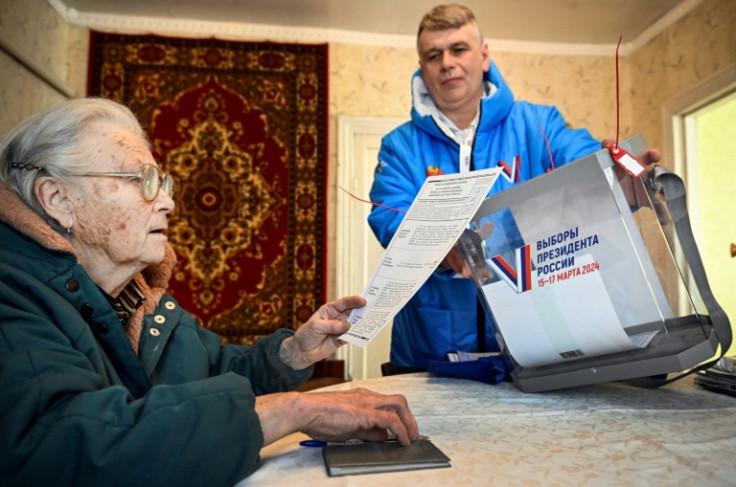
© Copyright AFP 2023. All rights reserved.


